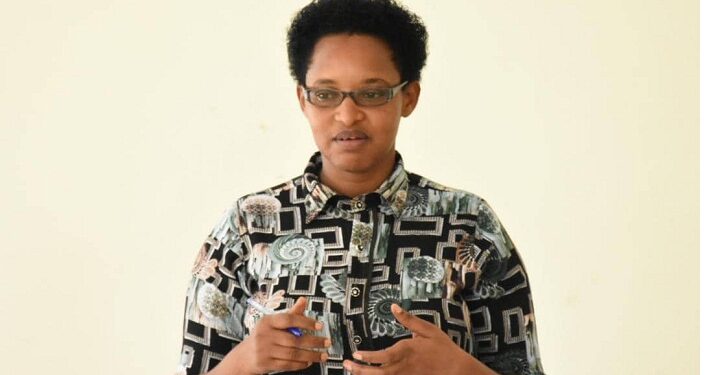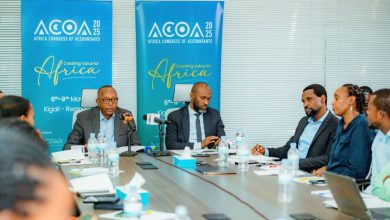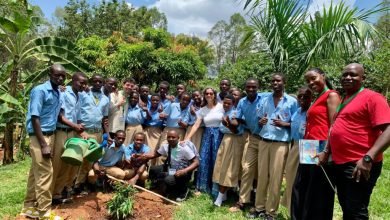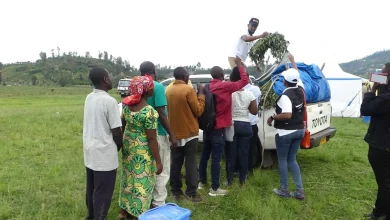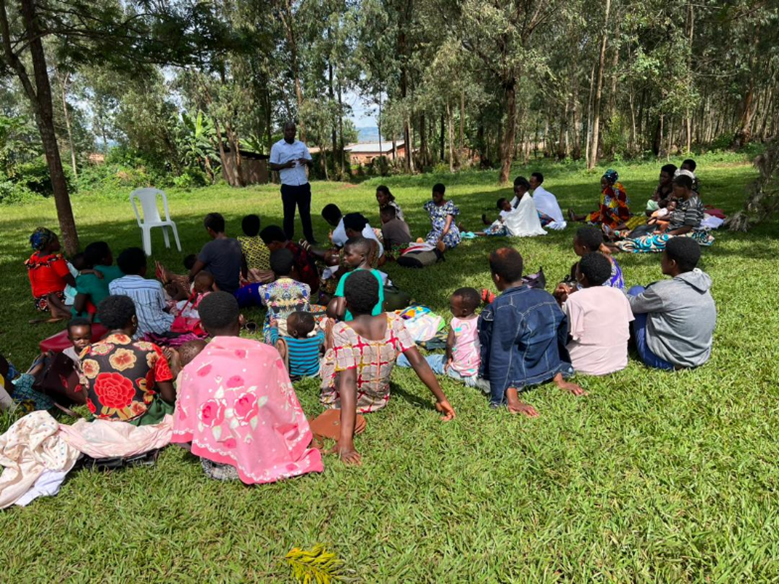
In Rwanda’s Eastern Province, a transformative initiative called Breaking the Silence is making significant strides in addressing adolescent sexual and reproductive health (ASRH). Launched by the Rwandan government in partnership with local NGOs and community leaders, the program confronts deeply ingrained social norms that have long limited adolescents’ access to vital health information and services. By fostering open dialogue, providing education, and offering support, the initiative seeks to empower young people to take control of their health and reduce the stigma surrounding sexual health.
Recent statistics highlight the urgent need for such an initiative. In regions like Nyagatare, Gatsibo, and Kayonza, about 30% of adolescents lack access to essential reproductive health services. Nearly 40% of young people report feeling uncomfortable discussing sexual health, which has led to rising rates of teenage pregnancies and sexually transmitted infections (STIs). The Breaking the Silence initiative seeks to break this cycle of silence by directly addressing these challenges.
Workshop Topics and Scope
The initiative offers a comprehensive set of community workshops designed to tackle a broad spectrum of ASRH issues. These workshops cover crucial topics such as puberty education, STI prevention, contraceptive use, consent, and mental health support, ensuring that adolescents are equipped with the knowledge they need to make informed decisions about their bodies and their futures.
Puberty education helps young people understand the physical and emotional changes that occur during adolescence, while STI prevention workshops provide critical information about how to protect oneself from infections. The initiative also emphasizes the importance of contraceptive use, addressing both myths and misconceptions surrounding birth control options. Adolescents are taught about the various methods available, such as condoms and birth control pills, and are encouraged to seek guidance from health professionals.
Equally important is the focus on consent—helping young people understand that it is their right to make decisions about their bodies, and that all sexual activities should involve clear, enthusiastic consent. Mental health support is also a key component of the program, as adolescents navigating the complexities of sexual health often face emotional challenges that need to be addressed. The initiative provides a safe space for young people to discuss their feelings, struggles, and experiences.
Addressing Social Norms and Stigma
A major aspect of Breaking the Silence is challenging the deeply rooted social norms that have traditionally made discussing sexual health taboo. In many communities, talking openly about sexual health is still seen as inappropriate, and this silence perpetuates misinformation. Adolescents often grow up without the proper knowledge or resources to protect themselves, leading to higher rates of unplanned pregnancies and STIs.
By organizing community dialogues and engaging local leaders, the initiative works to normalize conversations about sexual health. “I used to feel ashamed to ask questions. Now, I know I can talk about my health without fear,” says 15-year-old Chantal from Gatsibo, illustrating the impact of these open discussions.
Clarisse, a 21-year-old single mother from Kayonza, recalls the isolation she experienced during her teenage pregnancy. “I felt completely alone. People judged me, and I was scared to talk to anyone about my health needs,” she shares. Today, through the initiative, she feels empowered to advocate for herself and other young mothers in her community.
Local leaders like Mukamana Marceline have observed tangible changes over the past year. In Gatsibo District, the number of teenage pregnancies has decreased, partly due to the collaborative strategies put in place, such as establishing community clubs where adolescents can learn about reproductive health. These clubs also provide a platform for youth to discuss their concerns and receive guidance on issues like consent and contraception. “We’ve involved the children themselves in this process,” says Marceline. “The key is not just providing information but encouraging open discussions about the challenges they face.”
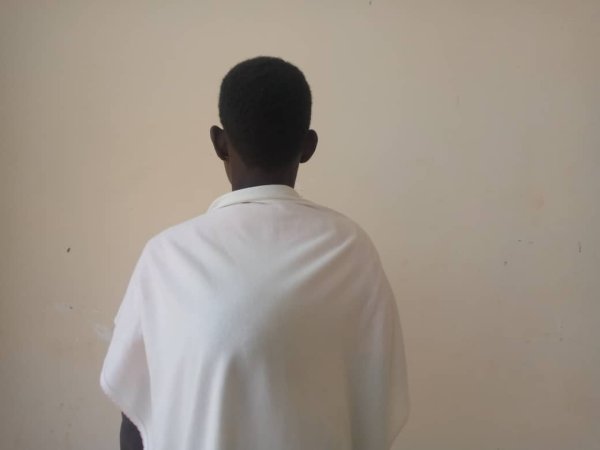
Adolescent Perspectives
The perspectives of adolescents who have directly benefited from the initiative offer invaluable insights into its impact. A significant number of them have reported a shift in their attitudes toward sexual health and the resources available to them. “Before, I didn’t know where to turn for help,” says 17-year-old Jean-Pierre from Nyagatare. “Now, I feel confident talking to a health worker about contraception and any concerns I have.”
The stories shared by young mothers further illustrate how Breaking the Silence is reshaping lives. Many of the teenagers who became pregnant at a young age attribute their pregnancies to a lack of information about sexual and reproductive health. According to data from the Ministry of Gender, between 2023 and 2024, there were 8,801 pregnancies among young females aged 14 to 19 in the Eastern Province alone. Nyagatare district accounted for 1,725 of these cases. Yet, with better education and access to resources, the number of unwanted pregnancies has begun to decrease, as evidenced by the decrease in pregnancies from 23,000 in 2021 to 13,000 in the first half of 2022.
Addressing Health Misconceptions
One area where the initiative has been particularly effective is in dispelling myths about pregnancy. Dr. Anicet Nzabonimpa, an expert in sexual and reproductive health, emphasizes the importance of providing accurate information to adolescents. “Pregnancy can only occur when sperm comes into direct contact with the vagina. Myths such as the idea that shared items like bath towels or underwear can lead to pregnancy are false and misleading,” Dr. Nzabonimpa explains. This is crucial, as such misconceptions can lead to unnecessary fear and confusion about sexual health.
Dr. Nzabonimpa also underscores the importance of addressing the health risks associated with early pregnancies. He warns that early pregnancies can result in severe health complications, especially for young girls who are not physically ready for childbirth. Additionally, social stigma often surrounds teenage pregnancies, leaving young mothers isolated and without adequate support.
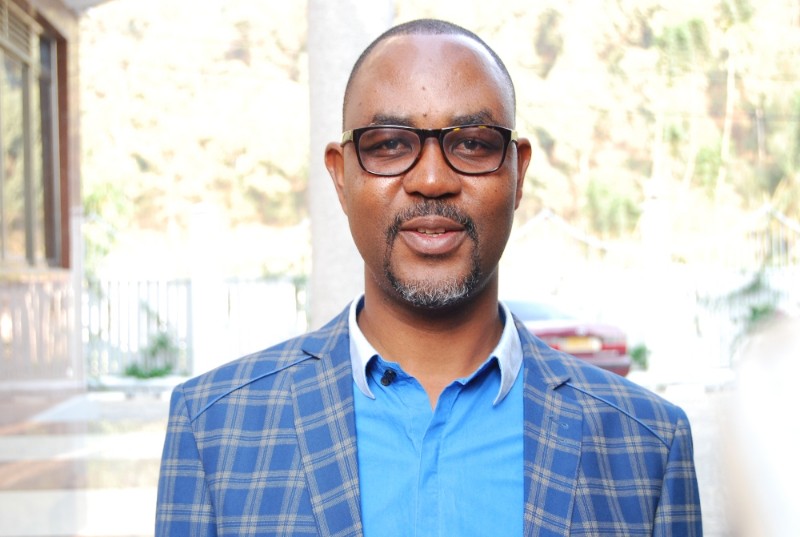
Expanding Access to Contraceptives and Mental Health Support
The initiative is also working to expand access to contraceptives, which have traditionally been difficult for adolescents to obtain due to cultural barriers and the stigma surrounding sexual activity. Through partnerships with health clinics, adolescents are given confidential access to a range of contraceptive options, and healthcare providers are trained to offer non-judgmental guidance.
Mental health support is another key focus. The pressures faced by adolescents dealing with sexual health issues can take a toll on their mental well-being. The Breaking the Silence initiative helps address these concerns by providing counseling and mental health resources, ensuring that young people are supported both emotionally and physically.
Looking Forward
Through education, community engagement, and robust support systems, the Breaking the Silence initiative is not just addressing immediate health concerns but is also fostering a cultural shift towards openness and awareness in Rwanda. As adolescents gain more confidence in discussing their sexual and reproductive health, and as stigma continues to decrease, the initiative is paving the way for a healthier, more informed generation.
By providing the tools, knowledge, and resources needed to make informed choices, Breaking the Silence is giving Rwandan youth the opportunity to shape healthier futures for themselves and their communities.
